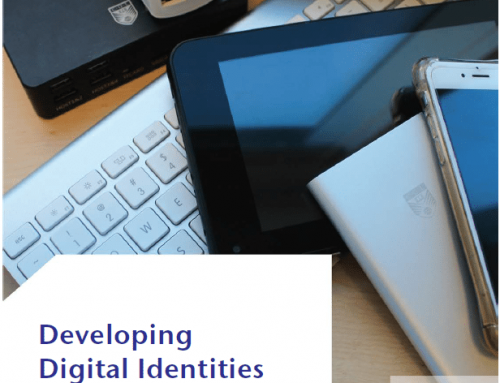On Valentines Day Andy Stewart from JISC Infonet launched the new Relationship Management infoKit so I’ve selected an appropriate photo to illustrate this aswell…(click on the photo above to see the full heart effect)
This new infoKit describes some of the challenges faced by institutions when seeking to improve and maintain relationships with a range of different stakeholders, all of whom have different needs and expectations.
It highlights the different approaches that institutions can adopt and the kinds of infrastructure and cultural change that is needed to facilitate and support sustainable relationships. This infoKit provides an insight into some of the emerging technologies and professional practices explored as part of Jisc’s Relationship Management programme.
I have contributed to several of the JISC Infonet’s infoKits over the last few years – the OER infoKit, the digital repositories infoKit, and a Learning Resources and Activities infoKit (which has now been gracefully retired). They are excellent practical resources which highlight the outcomes (lessons learned) and outputs (resources) from many large scale Jisc Programmes and make these both accessible and digestible. The Infonet team are great at developing and managing these really valuable assets.
I contributed to the writing of the Relationship Management infoKit but the main credit for this great resource really belongs with other people. Sharon Perry, as a member of the CETIS team at Bolton, provided ongoing support and synthesis for the programme – her blog really offered a flavour of key lessons as they emerged. I worked with Sharon as a consultant on the final synthesis, with a focus on the alumni engagement strand. As with any synthesis work the main challenge was in taking the extensive work and evaluation outcomes from several project teams and bringing it together into a cohesive format. We worked closely with two Jisc Programme Managers Simon Whittemore and Myles Danson who brought the overarching vision and passion to the Programme.
I really would recommend that you take a look at the work done by the programme. In these changing and challenging times successful collaboration is key to ensuring that educational institutions develop sustainable and mutually beneficial relationships. As Sir Tim Wilson says in his foreward to the infoKit
This resource recognises the importance of drivers and motivations for institutions in this area, and illustrates how partnership management can be supported through institutional infrastructure and technologies, and managed through communication and networking approaches. The resource addresses common barriers and constraints and proposes approaches to avoid these pitfalls, based on institutional experiences. It provides approaches through which to derive the key benefits of enhanced student employability, engaged and supportive alumni, and professional service design and monitoring. However, for sustainable business value to be derived from these partnerships for the institution, agreed strategic priorities and supporting policies which bring together information/data, departments and stakeholders are necessary.
I learned a lot from doing this work and really hope that alumni engagement becomes much more than a series of fund raising activities. The potential goes much further than that – involving alumni in supporting existing students has far reaching positive consequences for both of these groups, for the wider community and for the institutions. Several other Jisc programmes are illustrating some great student partnerships (UKOER and DIGILIT) and this is one way to capitalise on these and take it forward outside the institution.
If you don’t believe me then go and check out the infoKit.








Leave A Comment